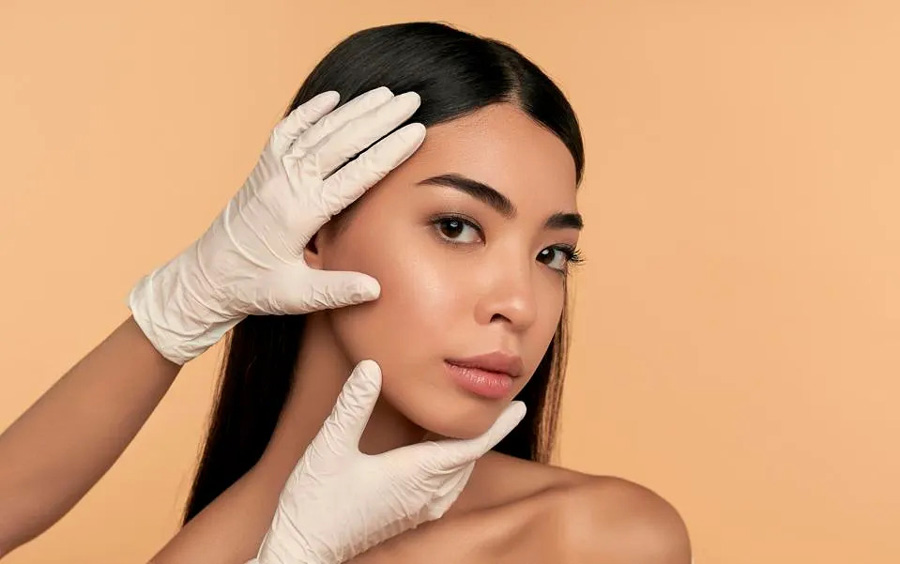Beauty is a word used to describe many things: people, places, objects, acts, qualities, and more. While it commonly refers to physical attributes, it also refers to emotional connections people have with other people, things, or circumstances.
That emotional sense of beauty is an unseen, inner sense—something you feel, not see. Food, cars, clothing, employees, and even technology devices are automatically and immediately assigned a value based on appearance. This bias translates into an assessment of the quality of the item.
But let’s face it: it’s all superficial—most of us know deep down that the association of quality with beauty is not always true. In fact, at times, it may even be flat-out wrong; appearances may mislead you into believing that something has greater value than it does.
The Impact of One’s Appearance
Appearance can significantly affect how a person is perceived. Studies have found that well-groomed, attractive people are perceived as more intelligent, successful, and wealthier.
The latter of these, wealth, has been disputed by a study that found that attractive people who make more money do so partly because they have more outgoing and likable personalities. Simply put, a nice-looking face might get you noticed and help make a good first impression, but how you carry and present yourself makes you memorable.
It’s one thing to look refreshed; it’s another to convey a refreshing personality, to appear as someone who is confident, friendly, and engaging. The better you feel about yourself on the outside, the better you feel about yourself on the inside—and that inner beauty is what others truly see.
Your Inner Beauty Can Affect Others
When that inner beauty is outwardly expressed, it can even be contagious. You can see it with some people when they enter a room and change the entire dynamic for the better just with their presence. Ultimately, outgoingness increases your performance and success, not just a static picture of how you look in the mirror.
People have long been concerned about their looks, but events in recent years have made people even more aware of how they appear to others, how their appearances are changing, and how they feel about themselves.
With the digital age and technology creating a selfie culture and the pandemic changing the workforce to a remote world where we’re face to face on video screens, which aren’t always the most flattering, people are constantly reminded of how they look. Now, on your phone, you can see how you looked an hour ago, a day ago, a week ago, and patients constantly tell me they didn’t truly grasp their appearance until they saw themselves on their cell phone screen when they turned it on to take a selfie.
People want to look and feel as if they have great lives. No matter how chaotic their life is, no matter how many children they may have, or how many schedules they have to keep, they want to appear as if they have it all together.
For a mom especially, there’s no bigger compliment than when someone expresses their surprise about her having four kids. A compliment like that instills confidence in how someone appears and presents themselves. And that carries over and makes a huge difference in someone’s home, work, and social life. Mothers also want to teach their children, especially their daughters, to face the world confidently—and that starts with their self-confidence.
The Role of a Cosmetic Plastic Surgeon
Helping people with their own definitions of beauty is something I strive to do every day as a cosmetic plastic surgeon; my purpose is to orchestrate physical change in a patient. Yet when I ask, “What is your overall goal in pursuing cosmetic plastic surgery?” the most common response I hear from patients is: “To look as good as I feel.”
There is a direct connection between what I do for a patient physically and the “inner beauty” the patient desires and ultimately achieves. That happens when the physical change achieved through surgery combines with a newfound self-confidence, which then makes the patient’s inner happiness project to those around them. That change is what ultimately makes a patient feel beautiful.
Originally posted on Forbes.com

